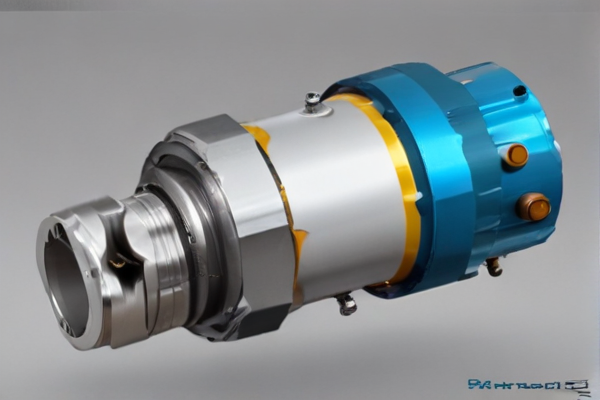-
- Copper Pipe Fittings
- Type M Copper Vs Type L
- Fittings For Copper Tubing
- Copper Tubing Sizes
- Copper To Copper
- Copper Piping Fittings
- Copper Piping And Fittings
- Copper Pipework
- Copper Pipes Dimensions
- Copper Pipe Tube
- Copper Pipe Plumbing Fittings
- Copper Pipe Dimensions
- Copper Pipe Diameter
- Copper 1/2 Pipe
- 1/2″ Copper Pipe
- 1 Copper Pipe Fittings
- 1 1 2 Copper Pipe
- Hydraulics Hose
- Repairing Hydraulic Hose
- Hydraulics Systems
- Hydraulics Supplies
- Hydraulics Hoses Near Me
- Hydraulic Supplies
- Hydraulics Hoses And Fittings
- Hydraulics Definition
- Hydraulics Define
- Hydraulic Systems
- Hydraulic Supplier
- Hydraulic Hydraulics
- Hydraulic Hose Couplings
- Hydraulic Definitions
- Hydraulic Crimpers
- Pipe Thread
- Pressure Hose
- Pipe Fittings
- About
- Newsletter
- Whatsapp 8615951276160
- Copper Pipe Fittings
- Type M Copper Vs Type L
- Fittings For Copper Tubing
- Copper Tubing Sizes
- Copper To Copper
- Copper Piping Fittings
- Copper Piping And Fittings
- Copper Pipework
- Copper Pipes Dimensions
- Copper Pipe Tube
- Copper Pipe Plumbing Fittings
- Copper Pipe Dimensions
- Copper Pipe Diameter
- Copper 1/2 Pipe
- 1/2″ Copper Pipe
- 1 Copper Pipe Fittings
- 1 1 2 Copper Pipe
- Hydraulics Hose
- Repairing Hydraulic Hose
- Hydraulics Systems
- Hydraulics Supplies
- Hydraulics Hoses Near Me
- Hydraulic Supplies
- Hydraulics Hoses And Fittings
- Hydraulics Definition
- Hydraulics Define
- Hydraulic Systems
- Hydraulic Supplier
- Hydraulic Hydraulics
- Hydraulic Hose Couplings
- Hydraulic Definitions
- Hydraulic Crimpers
- Pipe Thread
- Pressure Hose
- Pipe Fittings
- About





















